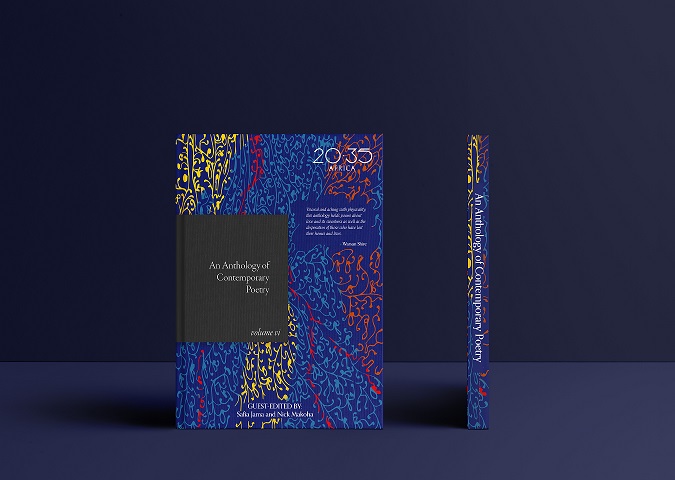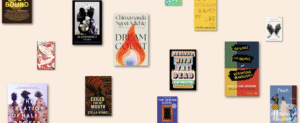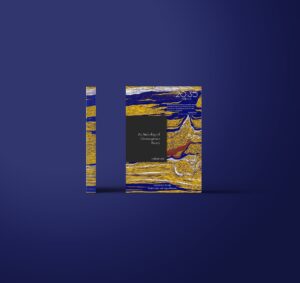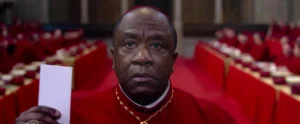
The politics of poetry lies primarily in its functionality. This is an intrinsic quality of a poem regardless of whether its atmosphere is charged politically or with internal turmoil. In writing a poem, one introduces a narrative, and this involves a risk taken first by the poet and finally by the reader. Herein lies its social function – how it’s perceived by the reader, and what becomes of this perception, how it moves and changes consequently.
At the intersection of poetry’s aesthetics and its social function is responsibility. The poet takes up this task of extending their inner and personal life and writing it in a way that accounts for the happenings of their immediate environment; they use the singular to give voice to the many. And as far as happenings and people go, variety is spice. The thing that speaks to and piques the artistic interest of one poet the most is often never the same with the next poet, even though they live in the same locale, walk the same streets, and protest the same injustices. The responsibility that a poet takes up in their creative work is one that shares intimacy with the workings of their mind.
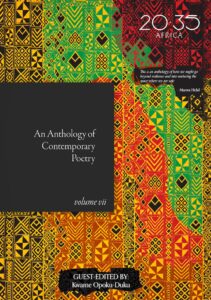
Opening 20.35 Africa Volume VII is Rutendo Chichaya’s “And. And. And,” which embodies the present war and genocidal crises happening all over the world:
another day goes by, and the rubble piles, / the rising dust settles on wet bones yet to dry, / the hunger strikes on sinking stomachs, / the rift remains unfilled, graves unmarked, / and some heavy laden with names.
What this poem asks of us, which is not to betray humanity with our silence, is perhaps the most important work of taking responsibility, of calling things what they are and being loud about it:
in muting yourself, you silence / the voices under the ruins… / silence in the face of injustice is betrayal. / Death. Wounding. Displacement. / Sudan. Congo. Somalia. Mali. / Burkina Faso. Niger. Palestine.
A sense of belonging permeates the poems in this anthology, an acceptance of one’s place in a flawed world. But in speaking out about the things central to their being, the poets strip off helplessness as a consequence of such acceptance. Sarah Yanni compounds this with defiance, writing about the subtle yet open way people body-shame the persona in her poem, “At the Family Lunch, My Uncle from Egypt Says ‘You’ve Gained Weight’”:
I have the exact body of my Egyptian father, / & his mother & his mother’s / brothers, a round belly & broad shoulders / which will someday disappear / nearly three years of crushed almonds / & seltzer water.
And in “Adam of Abak,” Chinuzoke Chinuwa raises this question: “So, if the world is different now / that I don’t belong in heaven, do I have / to grow paradise alone?”
I am thinking also about how Tramaine Suubi embraces her heritage, “return[s] to our all-forgiving mother, the sea,” shuns and refutes society’s policing of self-expression:
i moor my self on these ssese islands, rather than wait / for my soul to sop while transoceanic, with raw ankles / lake nalubaale buoys me as i stage / a revolt against you for daring to baptize / my obsidian skin in sin, to soak my largest organ / in your guilt, i say no more / no longer will i pacify your shame, your desperate claws at absolution.
Even God is held in contempt and brought to the stand in Nicole Adabunu’s “God Gets Caught Sobbing Uncontrollably in His Hands”:
he looked at his hands, looked / at his children’s looking of him. carnage for miles, / generations, the wail of a mother swaddling / a purpled corpse, screaming against heaven / for answers. how all this blood amounts to nothing.
There is so much dissatisfaction in the world, “too much aching… / and the music is too silent,” Sarah Yanni writes in “My Father Plays Five Instruments.” A lot of our desires are never translated into reality as there are always things beyond our control, on a universal level, that keep us in an endless compromise of letting go or waiting for them.
In Prosper Ifeanyi’s “All Those Losses,” the material hurt of this compromise is made evident:
what did he wait for? / A wife who owed him a kiss, a crown from a dying / king’s head, an ill child’s embrace, a life after death?
At the crux of this waiting and painful letting go is the humane need to always reach for hope amid abject despair.
This grasping for hope walks with us throughout 20.35 Africa Volume VII. The poems are looking at the unsettledness around them and imagining something different, something less than the present fate they are borne of. “We find ourselves / in search for freedom / rent our hearts to love / ask the last light for / a Lutheran prophecy,” writes Mariam Hassan in “How Have We Become New?” in which she ponders about memory and our need for human connections.
In “Lehare La Pelo Ya Ka,” Katleho Kano Shoro is extending hands to everyone and promising them rest; it says, “I am finally / building you a sheathe. come rest / under my tongue easy / after days of chiseling / breath.” And in the poem that ends this volume, Ezinne Igbokwe’s “Today, I Spit Them Out Generously,” faith in God is what we fall back on, the ultimate hope, a light that can peel away the darkness of blindfolds:
A dead force. I fed slowly on the remains of jumbled peace. / One dull evening, a light shone down my path as I swallowed / Easing words of the scripture. Faith renewed, I climbed lofty / Heights.
To our community, we owe a lot. In writing, a way to honor these roots is to give them voice. We honour both their glory, which is the peculiarity of their everydayness, as Damilola Omotyinbo writes in “Ìbàdàn” —
the day is not ripe yet / but a muezzin harvests it with a sickle, / spreads it on a tray & calls the world / to feast. a preacher would not bulge, / he walks past, throws punch-like sermon: / the world will end soon
— and their shared pains, in Manthipe Moila’s “Dedication”:
blackness in girl form is a round / and rotating emptiness / that one can hold in a disappearing / hand. / put it on the table and a hole appears. / put it on the ground/ and a hole appears. put it in a / cup and it is no longer ‘cup.’
In this volume, the poets write and take responsibility for those in the same boat as they are and for those who are not, who are mere spectators; for little animals, for mothers who’d torch the world for their sons, fathers’ who sacrificed all for their daughters, for a self living with internal disjointedness, and for those longing through distance. These 28 poems speak of the unkindness prevailing in the world; they ask of us to have even the minutest of hope and be resilient. I hope you enjoy them as much as we the editors did.
Precious Okpechi,
Managing Editor. ♦
20.35 Africa Volume VII, guest-edited by Kwame Opoku-Duku, is published online by 20.35 Africa.
More Book Excerpts & Essays from Open Country Mag
— “Creating a New Tradition in African Poetry”: 20.35 Africa VI: Introduction
— “Our Literature Has Died Again”: Nigerian Writing in the Era of the Nomadists
— River Spirit by Leila Aboulela
— “The Nigerian Oppression, as Chinua Achebe Would See It”: Emmanuel Esomnofu
— The Quality of Mercy by Siphiwe Gloria Ndlovu
— Between Starshine and Clay by Sarah Ladipo Manyika
— “Revel, Again, in the Beautiful Absurd”: Ernest Ogunyemi
— Black and Female by Tsitsi Dangarembga
— Sankofa by Chibundu Onuzo
— We Once Belonged to the Sea by Diriye Osman
— Biracial Britain: A Different Way of Looking at Race by Remi Adekoya
— The Fugitives by Jamal Mahjoub

